While judging a dog’s intelligence is difficult and each dog varies individually, there are some breeds thought to be a little easier to work with than others. Whether this is a measure of pure intelligence or simply biddability, here is a list we’ve compiled of the smartest small dog breeds.
#1 – Poodle
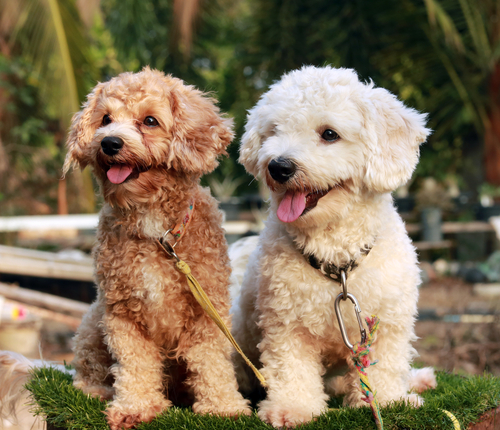
While the Standard Poodle is one of the smartest large dog breeds, the Miniature and Toy Poodle are some of the smartest small dog breeds. The Miniature Poodle was originally a truffle hunting dog before it became a companion. Now both smaller versions excel at a variety of dog sports and are easily trained.
#2 – Shetland Sheepdog
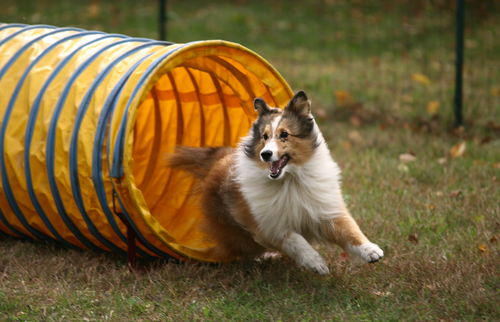
The Shetland Sheepdog, or Sheltie, is a small to medium sized herding dog that resembles a miniature Collie. They are very active and easy to train. These intelligent dogs excel in various dog sports and are often considered the best agility dog behind the Border Collie.
#3 – Papillon
The Papillon is a very small dog that gets its name from its butterfly shaped ears. Despite growing up to reach only 10 pounds maximum, they are an adventurous breed that really isn’t shy at all. They are very intelligent dogs that do well in a variety of dog sports.
#4 – Pembroke Welsh Corgi
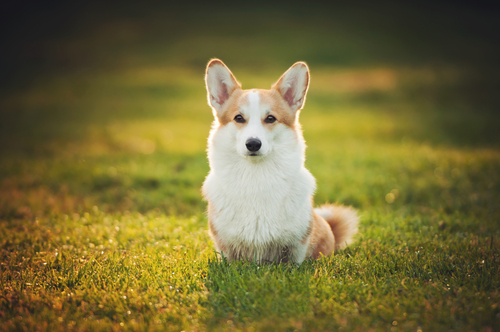
The Pembroke Welsh Corgi is a dwarf herding dog used primarily for cattle driving, although they are often used with other livestock as well. They also serve as general purpose farm dogs, eliminating vermin should the need arise. They are sweet, active and intelligent dogs that excel at many dog sports.
#5 – Miniature Schnauzer

The Miniature Schnauzer is likely descended by crossing Standard Schnauzers with Poodles and Affenpinschers. They are more terrier-like in substance but lack the traditional temperament of one. They are very active dogs that are easily trained.
#6 – Schipperke
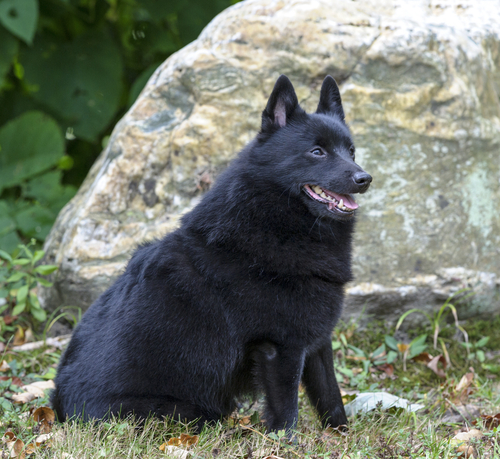
The Schipperke is a small, spitz-type herding dog originating from Belgium. They are fiery little dogs with strong personalities and they need an active home to stay reasonably well-mannered. That said, they make excellent dog sport contenders and are very easily to train.
#7 – Cocker Spaniel
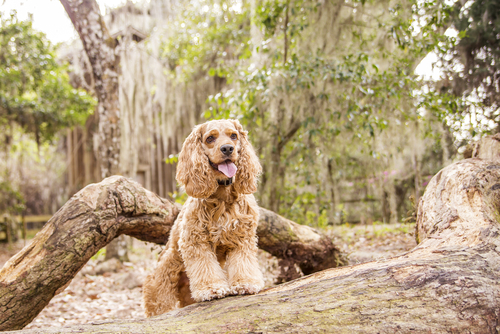
The studies that test dog breed intelligence don’t separate the English and American Cocker Spaniels and despite their goofy personalities, they ranked near the top of the lists. Both breeds are similar and are relatively easy to train.
#8 – Pomeranian
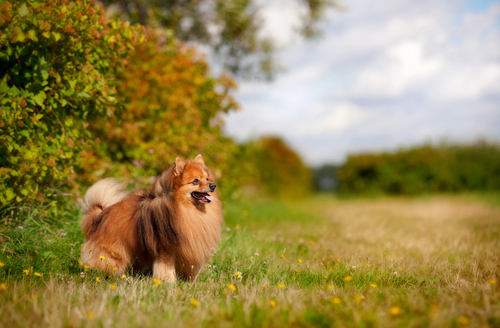
The Pomeranian is a small spitz-type dog that has been bred mostly as a lapdog and companion. That said, they are lively dogs that enjoy activity and training. They are rather easily trained and can even be found competing in dog sports.
#9 – Cardigan Welsh Corgi
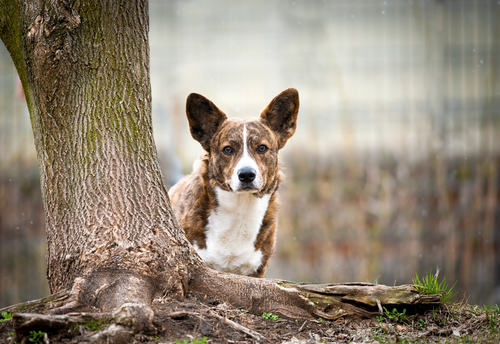
The Cardigan Welsh Corgi is a dwarfed cattle driving dog, like its Pembroke cousin. Cardigans do very well in a variety of dog sports and make easily trained, active companions for those wishing to have a large dog in a smaller body.
#10 – Yorkshire Terrier
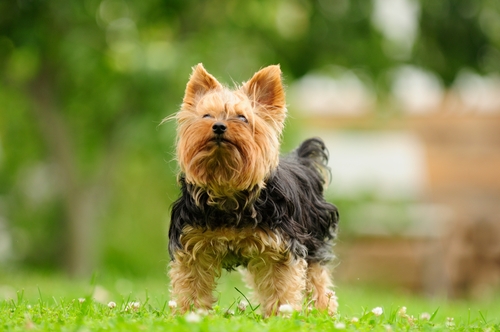
Although it’s more commonly seen being carried around in purses and carriers, the Yorkshire Terrier was first and foremost an excellent ratting dog. Like any terrier, they are lively dogs with strong personalities that respond very well to training and even excel at some dog sports.
Tips for Choosing an Intelligent Small Breed Dog
Choosing an intelligent small breed dog requires careful thought and consideration. Here are a few tips to ensure you make the best decision.
Firstly, research breeds thoroughly. Each small breed has its unique traits. Breeds like the Poodle, Shetland Sheepdog, and Papillon are known for their intelligence and trainability. Others, such as Dachshunds and Chihuahuas, may require a bit more patience. Consider your lifestyle, as well: active breeds like Jack Russell Terriers might not suit a sedentary lifestyle.
Secondly, evaluate the dog’s temperament. Even within a single breed, individual dogs can have wide-ranging personalities. Spend time with the dog or puppy you’re considering. Look for signs of curiosity, attentiveness, and eagerness to engage, as these are indications of a sharp mind.
Consider the dog’s age, too. While puppies provide the opportunity to shape their learning from a young age, adult dogs may already possess training and socialization, which can make the transition easier. Don’t rule out senior dogs, either. They can be just as intelligent and loveable as their younger counterparts, and often, they’re in need of loving homes.
Lastly, don’t forget to ask about the dog’s lineage. If possible, find out about the puppy’s parents or previous generations. Some traits, including intelligence and temperament, can be inherited.
Remember, the right fit will depend on your personal circumstances, so be honest about your expectations. Whether you want a companion for mental stimulation games or an athletic small dog to accompany you on adventures, knowing what to look for can significantly ease the process.

 Toledo, United States.
Toledo, United States.
